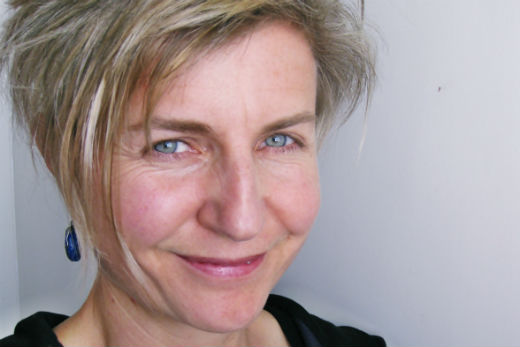PhD student Monica Peters will share her insights into citizen science as part of a public participation in scientific research at next week's Café Scientifique.
Citizen science is growing in popularity around the world and often takes the shape of community volunteers using standard methods to collect data to measure changes occurring in their local environment.
‘Grassroots' citizen science is on the rise and a good way for people to join in decision-making about their local and regional landscapes, says Monica Peters. Photo: Supplied
Monica has talked to hundreds of community environmental groups throughout the country about how they go about doing this.
She says she's curious about how people relate to, and use science to understand nature.
'I've explored this area over the years through my involvement in the conservation, visual arts and international development sectors.
'As well as building a more complete picture of these groups and their projects, I am also investigating how they measure the success of their restoration activities.
'This is ‘grassroots' citizen science because most group members who carry out the science-based monitoring do not have formal science training.
'Globally, citizen science is growing in importance and offers tremendous potential for collecting a wide range of useful data to help us better understand such things as the effects of climate change on flora and fauna; changes to ecosystem health, and population trends and the distribution of flora and fauna species. Social outcomes are diverse and include enhancing participants' scientific and ecological literacy.”
At Café Scientifique, Monday, April 18, Monica gives an overview of citizen science in New Zealand, from large-scale scientist-led initiatives to the ‘grassroots' citizen science carried out by community groups (within the context of their environmental restoration projects).
She investigates how New Zealand community groups use science-based toolkits to carry out environmental monitoring.
'This opens a whole range of questions around how communities can participate more effectively in wider decision-making about their local and regional landscapes,” she says.
Café Scientifique is a Tauranga-based seminar series where anyone can explore the latest scientific thinking and research from national and international speakers in a relaxed setting.
Café Scientifique takes place at 7pm, Monday, April 18, at the Tauranga Yacht and Power Boat Club, 90 Keith Allen Drive, Sulphur Point, Tauranga. Light refreshments are available from 6.30pm. Entry is $5.
For more information see: www.waikato.ac.nz/go/cafescientifique



0 comments
Leave a Comment
You must be logged in to make a comment.